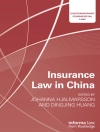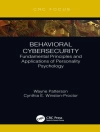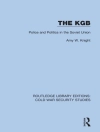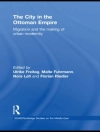This book describes the rules governing international security decision-making and examines the different understandings of collective security in the post-Cold War world. The post-Cold War world has largely been a struggle over which rules govern global security. Discussions and decisions following the events of 9/11 have highlighted differences and disputes in the United Nations Security Council. Where Russia, China, and France prefer ‘procedural’ collective security, in which all enforcement attempts must be explicitly authorized by the Security Council, the US and Britain prefer ‘substantive’ collective security, in which particular countries can sometimes take it upon themselves to enforce the rules of the global community.Using a constructivist theory of global security to analyze a series of case studies on Iraq (1990-91); Somalia, Rwanda, and Haiti; Bosnia and Kosovo; Afghanistan and Iraq (2003), the author demonstrates how competing interpretations of collective security recur. Challenging the claim that 9/11 fundamentally changed world politics, Brian Frederking argues that the events exacerbated already existing tensions between the veto powers of the UN Security Council. The United States and the Security Council will be of interest to students and researchers of American foreign policy, security studies and international organizations.
Brian Frederking
United States and the Security Council [PDF ebook]
Collective Security since the Cold War
United States and the Security Council [PDF ebook]
Collective Security since the Cold War
Купите эту электронную книгу и получите еще одну БЕСПЛАТНО!
язык английский ● Формат PDF ● страницы 208 ● ISBN 9781135985554 ● издатель Taylor and Francis ● опубликованный 2007 ● Загружаемые 3 раз ● валюта EUR ● Код товара 4296771 ● Защита от копирования Adobe DRM
Требуется устройство для чтения электронных книг с поддержкой DRM












